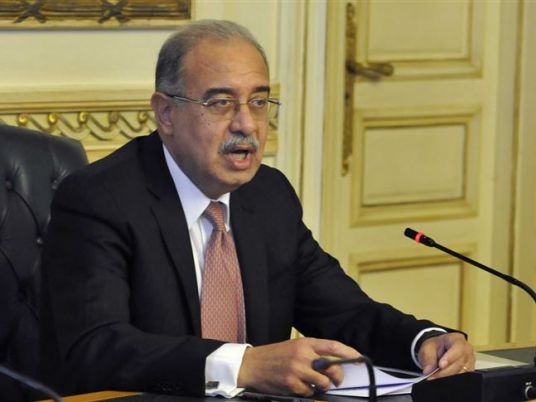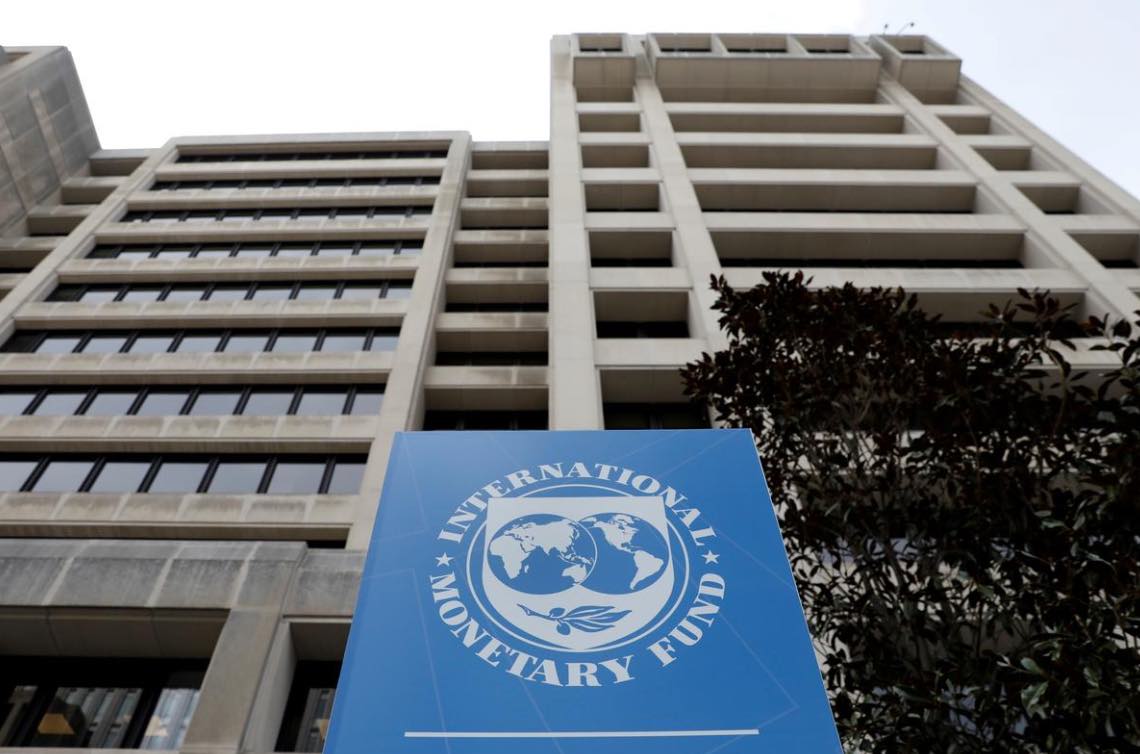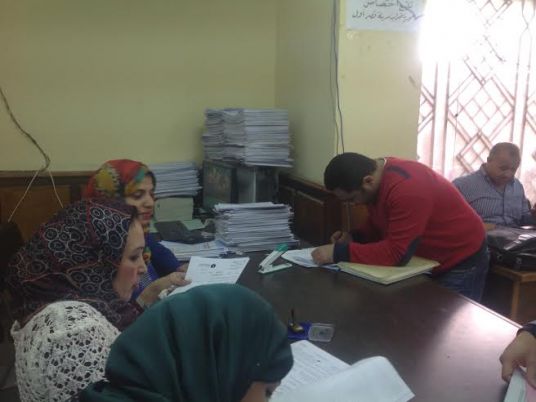
Egyptian Prime Minister Sherif Ismail told parliament on Monday the government was working with the central bank to bring an end to the discrepancy between the official and parallel market exchange rates for the Egyptian pound.
Ismail said that a previous currency adjustment, a reference to a 14 percent devaluation in March, had happened "without proper instruments" and brought about negative effects.
The Egyptian pound has been falling on the black market since the 2011 revolution drove away tourists and foreign investors, vital sources of hard currency in an economy that relies on imports of everything from food to luxury cars.
The central bank has been rationing dollars and imposing capital controls as it maintains an artificially strong pound at 8.8 per dollar but traders said on Monday the rate was 18-18.2 on the parallel market compared to 16.1 pounds last week.
"We appreciate the country's situation. We are going through a very tough situation," Ismail told members of parliament.
Ismail made his comments at a plenary session of parliament, where he had been invited by MPs to answer questions regarding the government's monetary policy.
Ahead of Ismail's arrival at parliament, several MPs had expressed their concerns over the Cabinet's handling of the currency crisis, with some even suggesting a vote on withdrawing confidence from the Cabinet.
MP Mohamed al-Suweidy, head of the Support Egypt parliamentary coalition, said the Cabinet is not carrying out its duty to solve crisis, with the result that many projects in Egypt have been suspendend.
He added that the Cabinet needs to clarify its monetary policy because the situation has become serious.
MP Wahid Qaraqar called for the withdrawal of confidence from the Cabinet over repeated failures and a loss of popularity among the general population.
Also calling on the Cabinet to resign was MP Ismail Nasr Eddin. "The parliament summoned the Cabinet not to drink tea or for a date, but to discuss the disaster we are going through," he said.
On Monday, Ismail said that the Cabinet has been working with the CBE to address the economic situation, saying that finding solutions requires cooperation between the central bank, the Cabinet and parliament.




